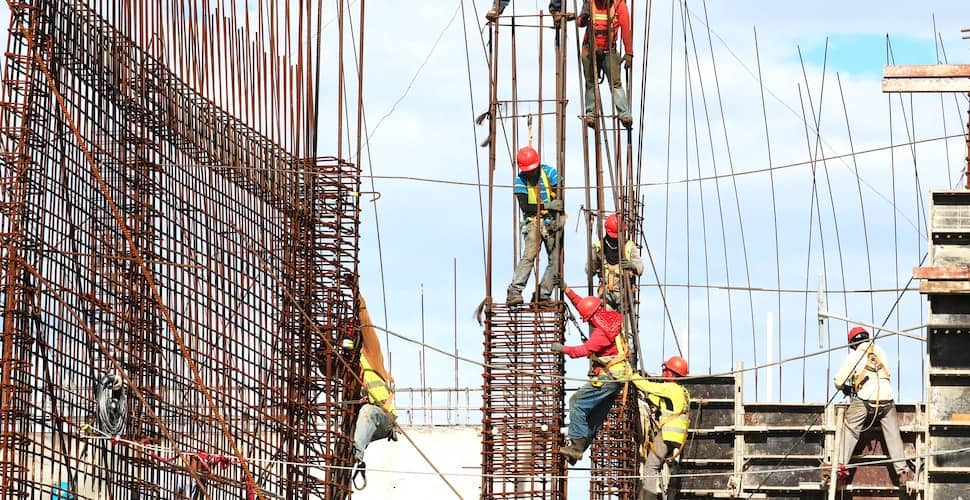Across the Middle East and North Africa (MENA) region, the COVID-19 pandemic has laid bare the exploitation, inequality, and discrimination that migrant workers face.
Harrowing stories of abuse, abandonment, and destitution from migrants in the region have been frequent throughout the pandemic.
The pandemic has not created the challenges that these migrants face but rather has cut along existing fault lines, exposing deep structural injustices that human rights activists have been decrying for years.
Over 35 million migrant workers are estimated to live in the Gulf Cooperation Council (GCC) countries, most of them from Africa or South and Southeast Asia; some nations, such as Saudi Arabia and the UAE have among the largest migrant populations in the world.
Labor rights are severely limited for many of these migrants, most of whom are employed under a version of the kafala system which effectively ties workers to their employers and facilitates a wide range of abuses including forced labor.
Thus, the economic hardship—along with the racial discrimination—that these migrants face during the pandemic are simply magnifications of conditions they have faced for years.
openDemocracy reports:
The challenges faced by migrant workers in the MENA region are particularly acute. Since the beginning of the crisis, news of Egyptian workers stranded in Kuwait rioting for not being able to return home, Ethiopian domestic workers fired by their employees and left in front of the Ethiopian embassy in Beirut, or Indians sleeping in the basement car park as they are unable to pay for their rent in Dubai, have been equally disturbing as the news of the victims of the virus itself
[…]
COVID-19 has not created, but it has unveiled the conditions under which migrant workers in Arab countries live. The pandemic has unveiled two sides of their suffering: racism and socio-economic inequalities.
But with migrant workers’ frequent lack of access to healthcare and sanitary accommodation making them particularly vulnerable to infection, the pandemic has also revealed that these societal inequalities are potentially dangerous to society as a whole.
With some governments in the region taking promising first steps to mitigate these risks, the crisis presents a key opportunity to build back better.
Saudi Arabia has ordered free treatment to be provided to all coronavirus patients, regardless of residency status; the Qatari government, meanwhile, has asked employers to pay all workers in quarantine, regardless of whether they have sick leave.
In the past month, Freedom United has gathered over 10,000 signatures calling on governments across the world to take similar steps to ensure that migrants are protected during the pandemic.
In the MENA region in particular, these steps could lead to more permanent changes that improve conditions for migrants and help to prevent the modern slavery that is all too prevalent for them today.
Stand with vulnerable migrant workers and add your name today.







Freedom United is interested in hearing from our community and welcomes relevant, informed comments, advice, and insights that advance the conversation around our campaigns and advocacy. We value inclusivity and respect within our community. To be approved, your comments should be civil.